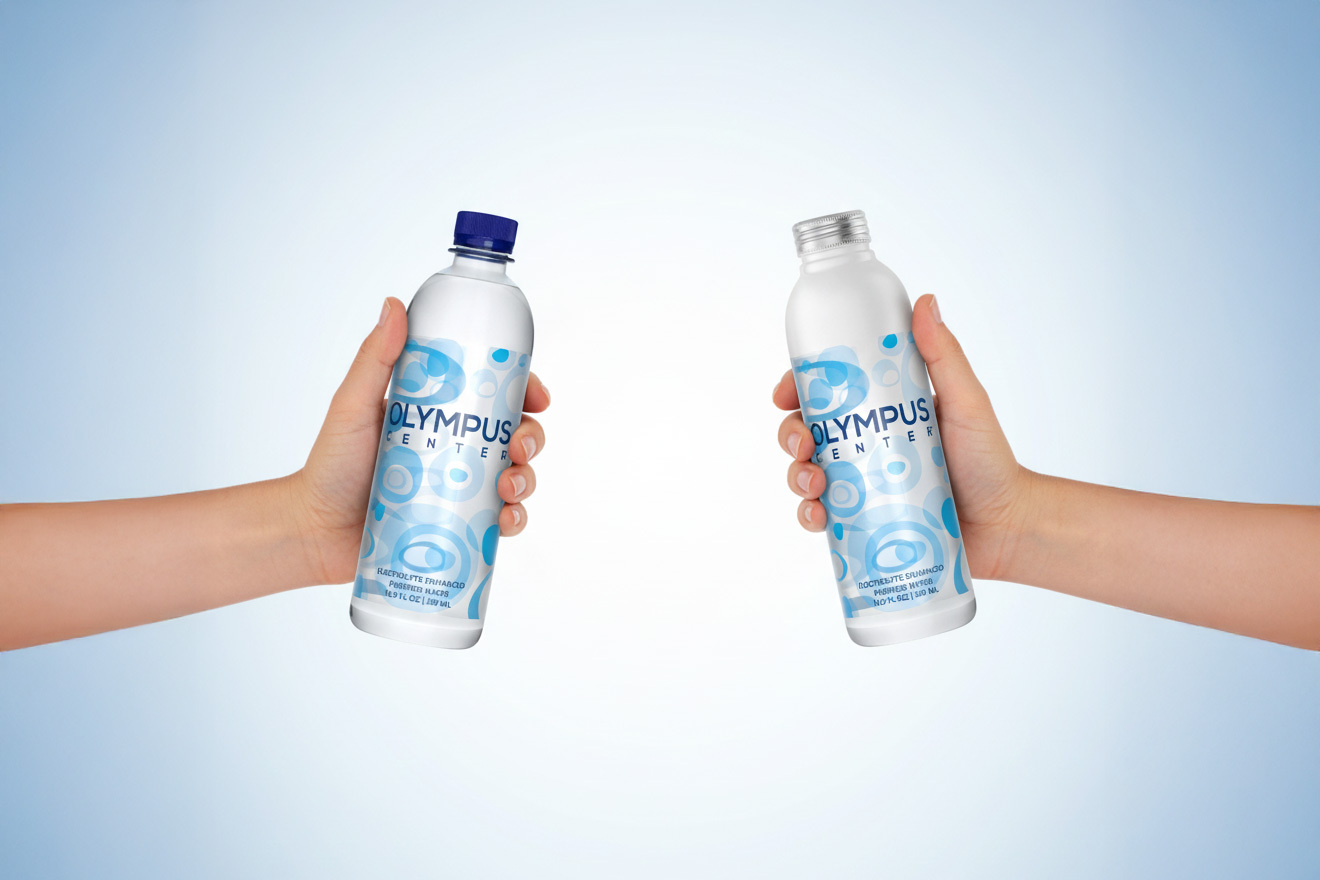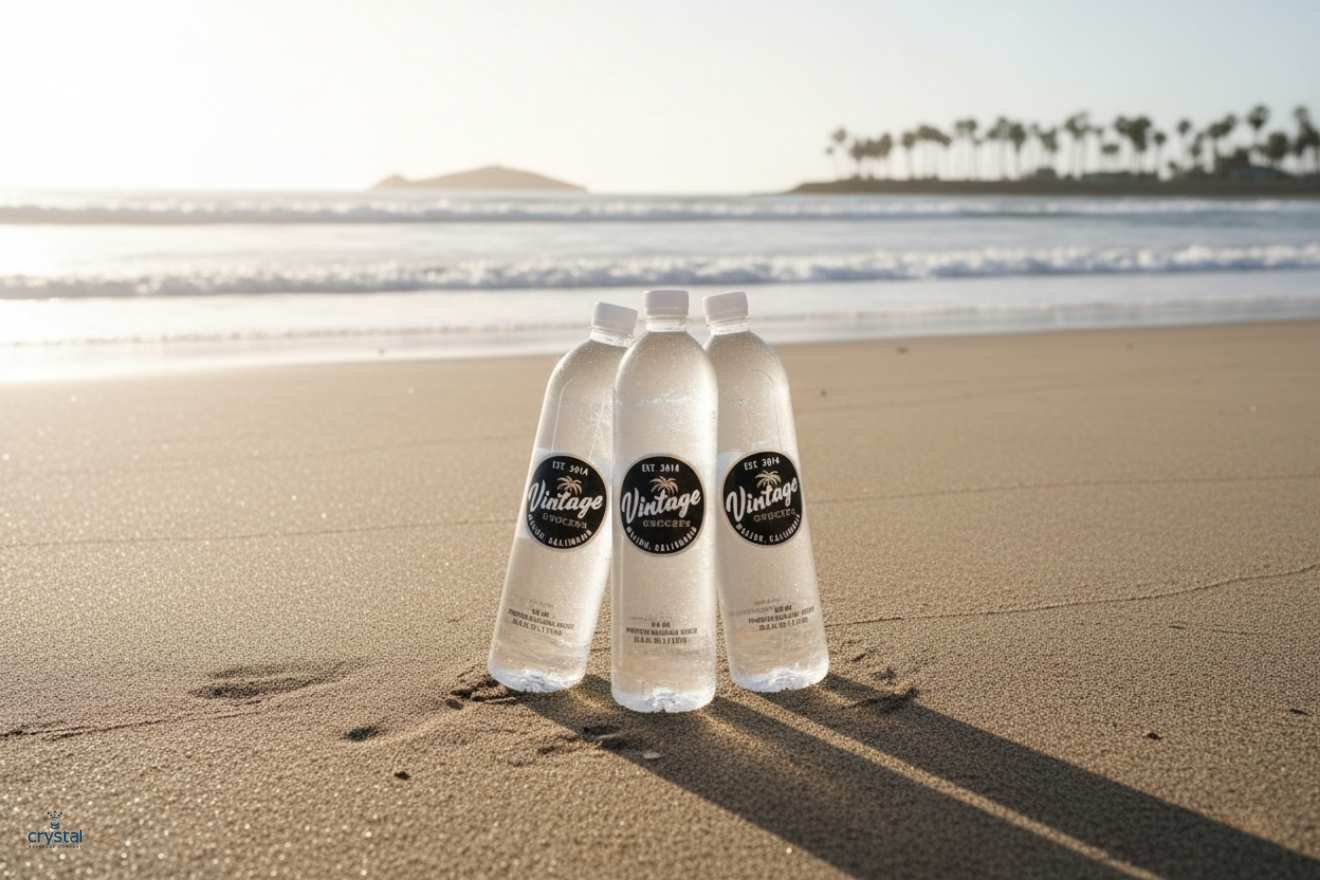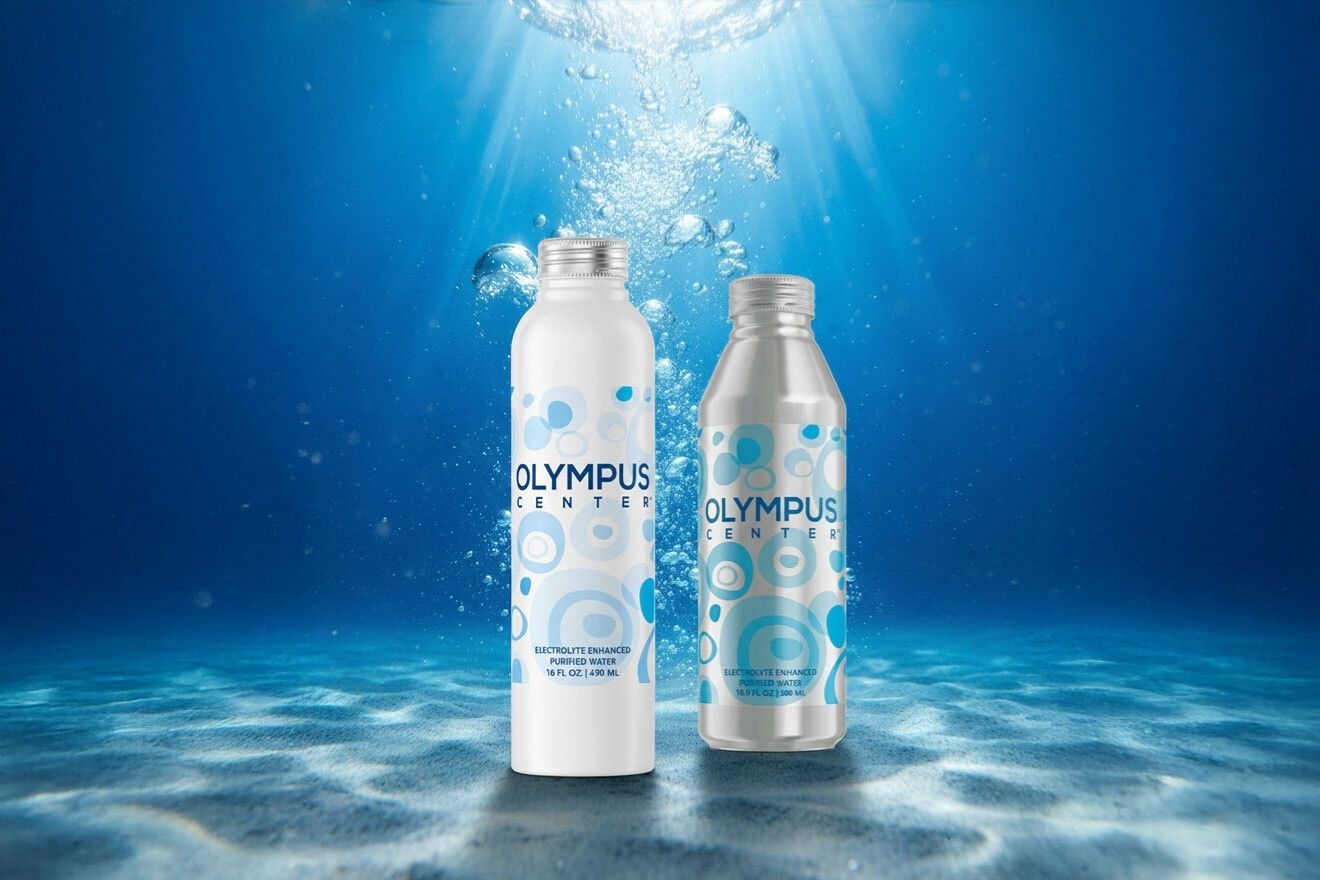The Benefits Of Branding In Business


Branding affects business by creating impacts to consumers; whether these are good or bad impacts depend on the branding.
When you think of cola, you immediately associate it with a red can of Coca-Cola. When you think of laptops and phones, your mind automatically links these devices with Apple. You don’t search for keywords in a search engine, you Google it.
What creates these associations in our minds that we brand everything with the leading household name on the market? Branding creates a link with certain items or foods to specific companies. In fact, branding affects us so subconsciously that TV series and movies often portray obvious knockoffs of well-known brands to present a more realistic picture in the minds of their viewers.
WHAT IS BRANDING?
We always hear in marketing that creating a strong brand campaign is necessary for every company, but what does branding really do in business? Strong branding builds up long-lasting impacts to the consumers, associating products with companies.
Branding does not only create a connection between products and brands. It also causes consumers to subconsciously choose big-name brands or familiar brands over generic ones. 71% of consumers say they prefer buying products from familiar and well-known brands due to their credibility and trust.
Branding comes in many forms, and elements often coincide to create a stronger impact on consumers. Coca-Cola, for example, patented a red hue that is unique only for their brand; while Apple’s sleek and innovative marketing revolutionized the tech industry. Regardless of what you think of Jeff Bezos, Amazon’s cost and convenience make it the number one brand in shopping.
10 BENEFITS OF BRANDING IN A BUSINESS
1. BRANDING PROMOTES BRAND RECOGNITION
Customer recognition isn’t the goal of branding; it is the obligation of any strong brand campaign to create brand loyalty among consumers and to establish brand recognition. Associating products and services with even just a logo of a brand already creates enough impact to imply recognition and familiarity with consumers.
Brand recognition has been so effective over the years that digital games have been made to correctly link a brand to its signature logo. The brand recognition in these games are so deeply ingrained in consumers that players can correctly name the brand by just their logo.
2. BRANDING CREATES LONG LASTING CUSTOMER LOYALTY
Customer loyalty is what strong brand and marketing campaigns attempt to achieve as long lasting customer loyalty ensures that consumers continuously purchase the products or services of a company. A survey found that 81% of consumers buy products based on trust, and majority of the time, the most credible companies are those that have strong brand marketing.
3. PROPER BRANDING GIVES A BRAND ADVANTAGE IN THE MARKET
With the market already so saturated with products and services, only a strong brand can stand out amongst the crowd. Starting up a business today has never been easier with all the resources available to us, but keeping that business afloat is a different story. Branding helps establish a solid foundation for a small business to grow.
4. BRANDING GIVES YOUR PRODUCTS AUTHENTICITY AND CREDIBILITY
A whopping 86% of consumers believe that customer loyalty stems from a strong brand authenticity. Depending on the branding campaign that the company undertakes, branding can build authenticity and credibility for a company. By fulfilling brand promises, customers are more likely to remain loyal to their brand over others.
5. CONSISTENT BRANDING BUILDS TRUST
Customer recognition is more than just consumers being aware of the brand. It also involves the brand’s trustworthiness as it establishes a positive reputation. Consistency is key in maintaining customer trust in the brand, and brand managers must keep up with their marketing campaigns to ensure that the company is headed towards success.
6. BRANDING ESTABLISHES YOUR MARKET POSITION
Strong brand recognition often brings in loyal customers which determines the market position of a brand, ensuring that the company can retain its position, or rise above the competition in a saturated market.
Coca-Cola and Pepsi have long been in competition with each other with their beverages. Yet, Coca-Cola leads in popularity partially due to the color of its brand. That signature red cola can has been the staple color for soda imagery since Coca-Cola was established and 80% of consumers say that color matters in customer recognition and thus, market position.
7. BRANDING PROVIDES YOUR COMPANY WITH A CLEAR, STRATEGIC PATH
With many new businesses, managers often find that success is not a straightforward path. Some established brands today actually started off in a completely different industry in mind, but made successful business opportunities in other fields.
Wrigley’s is a good example, wherein the founder originally handed out chewing gums as a marketing tool for his father’s store. Customers enjoyed the chewing gum so much that Wrigley’s found their market and a solid branding.
8. APPROPRIATE BRANDING LAYS THE FOUNDATION FOR NEW PRODUCTS
Check Facebook or Twitter during any time of the year and chances are that you’ll see people buzzing around the newest flavor of Oreos, KitKats or a McDonald’s limited edition meal. How these brands have created such a thrill over their newest developments without any consumer justifying the hype lies in the fact that these brands have established themselves in the market.
KitKat, most notably in Japan, has laid the foundation for creating numerous unique and obscure flavors in their chocolate with some notable flavors like wasabi. Yet, people get hyped over new releases by the brand as KitKat has established appropriate branding to make their products seem more special than the average candy bar.
9. TARGETED BRANDING IMBEDS POSITIVE ASSOCIATIONS WITH YOUR BRAND
There exists a concept known as targeted marketing, which specializes in campaigns to target specific consumer demographics. By optimizing targeted branding, companies can ingrain positive associations with their products or services.
For instance, Orbeez water beads may present as a fun toy for kids and pre-teens, but the company’s target audience are the parents, who they assure their products are non-toxic and make for good, clean fun that nurtures creativity. By relating to their audience, a brand effectively associates with positive experiences.
10. UNIQUE BRANDING OFFERS A COMPETITIVE EDGE, EVEN FOR SMALL BUSINESSES
Over the years, branding and marketing have changed little in value but the methods of achieving a successful branding campaign have varied greatly as we move towards the digital age. With the use of the internet on the rise, brands have merited digital marketing and advertising to reach their audience in a cost-effective manner.
While any company - big or small business, can create a social media presence, the effectiveness of digital marketing varies depending on how well a brand carries their message. Ads on social media are saturated with different companies and brands, so to make your brand stand out, you will need a more unique strategy.
Some brands prefer to build uniqueness with their packaging or influencer campaigns, but something as simple as a personalized water bottle is effective in bringing in more sales and loyal customers. A personalized aluminum bottle can present the brand logo, and create good branding with its eco-friendly packaging.
WHY WATER?
Water is essential for all living beings and water bottles are an inexpensive way to create a positive brand impact. Whether plastic or aluminum, water bottles carry the brand’s message out to their audience in hopes to create customers that will be loyal to a brand. Water is also applicable for all types of companies across different industries.
For your water needs, My Own Water is here to create your own water brand. As a business owner, you will surely gain major benefits from creating unique campaigns and experiences in establishing a clear brand identity - as transparent as clean water!






